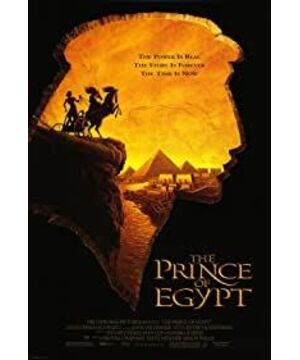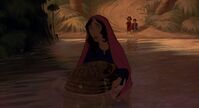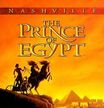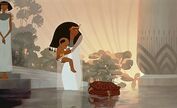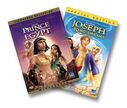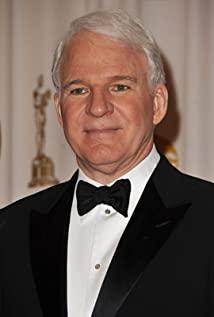But for this cartoon, I actually found "Old Testament. Exodus" to read it. What I'm afraid of is that the slot will spit out of place, and people will fall to the ground and kick a few more feet. Temporarily find out where there is a discrepancy between the original and the cartoon.
first timing. Moses stayed in Midian for 40 years, and when he went to Goshen, he was already a grandfather in his 1800s, not a young man like in the movie. Here I am a little confused about the Old Testament. Moses left home and went to Midian, a distance of 450 kilometers. Soon after he arrived in Midian, he married Zipporah. He was forty years old. The four hundred and fifty kilometers are the most for three or two years. Then, Moses ran away from home at the age of thirty-seven or eight-year-old to run away from home, Moses is really late.
Second, seniority. Moses and Pharaoh were not brothers. The original text of the Bible does not mention the relationship between the Pharaoh Moses saw and the Pharaoh who was Moses' grandfather. It is impossible for the same person to do what his uncle said. It is hard to say. After all, Moses was already eighty at the time. His uncle should have been older than this, but later the pharaoh was physically strong and could chase Moses to the Red Sea on horseback. In this way, The pharaoh is more reliable if he is the same generation or junior of Moses.
Third, the characters. Moses' brother in the Bible was Aaron, who was also a half-prophet. The animation did not mention it, or it was mentioned, but the scene was wrong.
Fourth, the plot. The plot of Moses' wife hurriedly circumcising his son, the plot of rebelling against the crowd, the plot of leprosy, etc. are not mentioned. On the contrary, it created a lot of plots of its own.
These four differences, in my opinion, the starting point of the screenwriter is only one, that is to make the development of the story reasonable. To be honest, there are many illogical aspects of the story of Moses' Exodus. In the grammar of believers, this is where God cannot be guessed. This kind of logical self-argumentation is really eye-opening for the kid.
When I watched this animation, the first half felt a deep hope. An ignorant teenager turned into a free-range prophet who brought so much courage to the suffering masses. But in the second half, the identities of Egyptians and Hebrews have undergone a huge reversal. In the beginning, the life of the Hebrews was like a mustard, but after Moses arrived in Goshen, the Egyptians were like the Japanese devils in the anti-Japanese war movie. For anti-Japanese films, after all, we still have national feelings mixed in. But when it comes to the Egyptians and the Hebrews, this kind of reasoning was taken away—the Egyptians were wrong to slaughter and enslave the Hebrews, is it right that God killed all the Egyptians for the Hebrews?
Don't talk about punishment, it's the pharaoh's idea to build a pyramid with slaves, what's wrong with the poor people. Why suffer together. Don't tell me that everyone is guilty, and everyone should be punished. Everyone is guilty. It is up to God and his elders to decide when to punish them. No matter how you think about this logic, you will be suffocated...
Comparing the pre-Moses and post-Moses, There are still depressing things. Before Moses returned to Egypt, the Hebrews lived well as slaves and the Egyptians lived well. Moses performed miracles for a long time. As a result, all the Egyptians died, and the Hebrews lived in exile for 40 years. Speaking of which, after so much trouble, both nations have faced a more miserable life, just because of one belief of the Hebrews: hope.
Moreover, this hope is based on the despair of the Egyptians.
And one thing that I don't quite understand, the Exodus takes place from 1706 BC to 1490 BC. The pharaoh who lived in Goshen mentioned in the text was Ramses II the Elder, who was born in 1317 BC. This time difference is really too long, can someone explain it to me.
One thing I learned recently is that when the Egyptian pyramids were built, the Egyptians did not use slaves, but hired laborers. If this matter is confirmed, the freedom Moses said has really turned into a fan to his own mouth.
View more about The Prince of Egypt reviews


